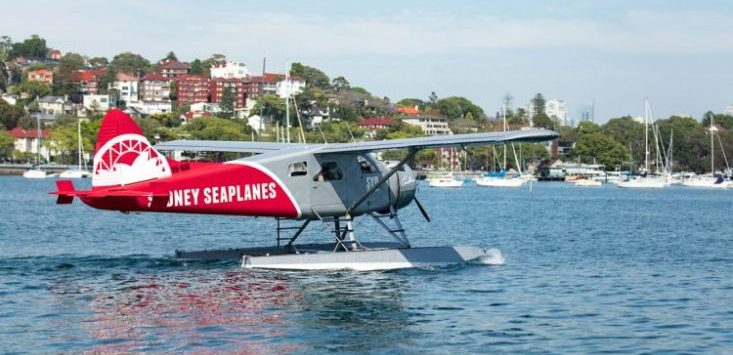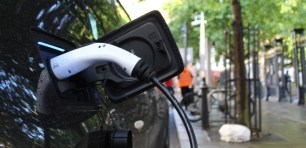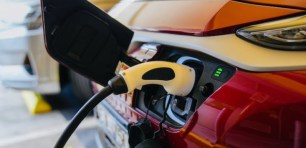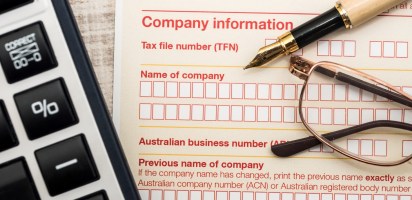
Sydney Seaplanes will fully electrify its fleet of planes faster thanks to a $3 million government grant from the Albanese government, which spruiked the emerging electric aviation industry as a “game-changer for regional transport”.
The grant was awarded to Dovetail Electric Aviation, which operates Sydney Seaplanes, one of 19 startups and companies that received a slice of the $44 million in federal funding set aside for the Cooperative Research Centres Projects (CRC-P) program.
Dovetail’s business operations executive Rachael Barritt tells SmartCompany the company will use the $3 million to bring its first retrofitted product to market within the next three years: an eCaravan.
The Cessna eCaravan is typically powered by a 750-horsepower electric motor and supplied with energy by more than 900 kilograms of lithium-ion batteries, making it the largest electric plane to fly so far.
Get daily business news.
The latest stories, funding information, and expert advice. Free to sign up.
“Right now the team is working on a ground-based electric propulsion system prototype that will spin an aircraft propeller; this is due to be complete by the end of the month,” Barritt said.
“Those learnings are translated into our electric power systems for its first flight (and certification). Next year, here in Australia will be the first eCaravan flight! Then certification of the eCaravan.”
Connecting regional Australia
It comes less than six months since Regional Express, part of the Rex Airlines group, inked a lucrative deal with Dovetail to convert several of its 61 Saab 340 aircraft to electric.
“We are thrilled to be a part of this historic moment for the Australian aviation industry,” Barritt said.
Minister for Industry and Science Ed Husic says Dovetail is a great example of the high-value industry-led renewable projects being bolstered by federal support.
“Electric aviation has the potential to be a game-changer for regional transport as Australia pushes to meet our emissions targets,” Husic said.
But let’s not get too far ahead of ourselves, Barritt added: “We are a while off seeing electric aircraft in the mainstream”.
“Power densities from sources such as batteries and hydrogen storage need to improve to provide larger aircraft with a viable range,” she said.
“Industrial electrical upgrades to airports will be required, ensuring there is enough electricity availability to meet the fast charging demands of an increasing electric transport industry.”
Plane conversions will dominate
In the meantime, we’ll probably see electric planes become more common via conversions of existing craft, rather than brand-new builds — something already happening in the EV space.
It comes as the world’s largest hydrogen-electric aircraft — a nine-seat, twin-engine Dornier 228 plane — completed a 10-minute flight from Cotswold Airport in the UK.
The converted plane project was part of the HyFlyer II project, a UK government-funded program that is seeking to rapidly decarbonise the country’s aviation industry.
It was powered by “compressed gaseous hydrogen produced with an on-site electrolyzer,” ZeroAvia said, with two fuel-cell stacks and lithium-ion battery packs housed in the cabin for the test (they’d be moved elsewhere in a commercial setting).
Conversions like this will be the obvious choice when motors reach the end of their lives, Barritt predicts, not just for those concerned about climate — aviation accounts for 2.1% of the world’s emissions — but also for those who care about their bottom line.
“Electric aircraft are significantly cheaper (more than 40% in operating costs) and have less downtime (less maintenance, more reliable motors due to having fewer moving parts),” she said.
And those nervous about getting into an electric plane can rest easy, Barritt said, as “the first electric aircraft will require additional scrutiny to ensure all safety regulations are met” in line with existing strict aviation protocol.
“We want this! We want to build trust in the industry, and we believe in safety,” she said.
“Aviation is far behind other industries in terms of innovation, it is only inevitable that aviation would change.”
Handpicked for you

‘Cheaper, cleaner, quieter’: Comparing NSW’s EV policy under the Liberals and Labor




COMMENTS